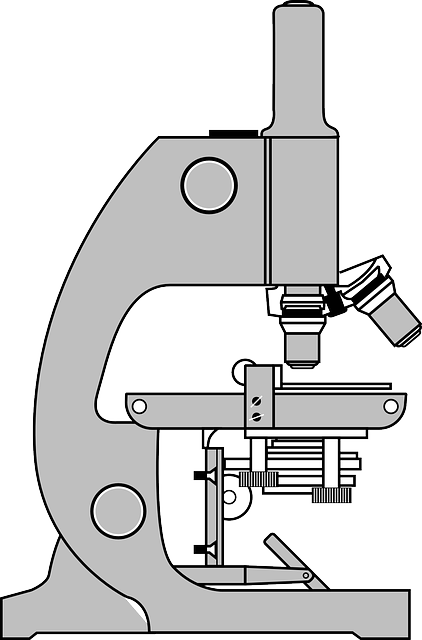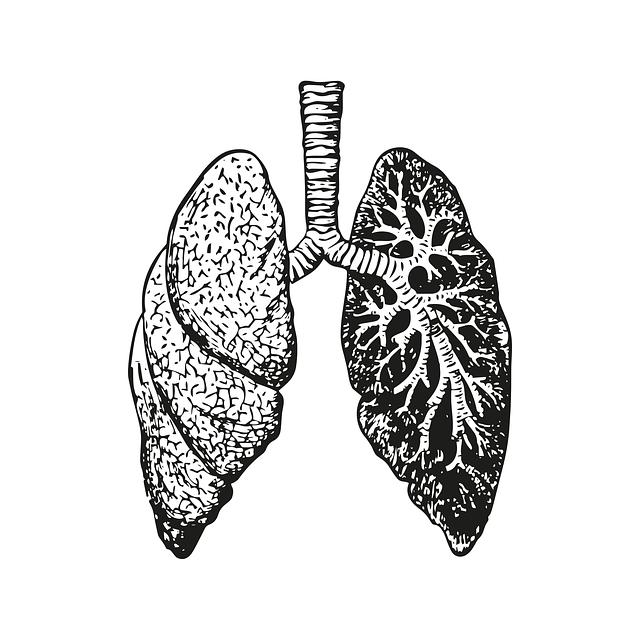Translation services are indispensable for accurate and legally compliant communication in UK medical case studies, navigating stringent regulations like Human Medicines Regulation 2012 and GDPR. These services employ expert medical translators to handle complex terminology while adhering to quality standards and industry guidelines. For NHS translations, understanding GDPR and NHS coding systems is crucial, ensuring data protection and compliance with clinical value preservation. Reputable providers maintain standardization, employ robust Quality Assurance, and stay updated on medical advancements and regulations, offering reliable, secure, and accurate translations for UK medical case studies.
In the dynamic landscape of healthcare, ensuring accuracy and compliance in medical case study translations is paramount. The UK’s stringent medical regulations significantly impact translation requirements, necessitating a deep understanding of local standards. This article explores crucial aspects, from the role of professional translation services to ethical considerations, guiding you through the process. Discover key insights on quality assurance, confidentiality maintenance, and selecting the ideal language service provider for precise UK medical case study translations.
- Understanding UK Medical Regulations and Their Impact on Translation
- The Role of Professional Translation Services in Ensuring Accuracy
- Key Considerations for Translating Case Studies Within the NHS
- Quality Assurance Processes to Maintain Standardization
- Ethical Implications and Confidentiality in Medical Translation
- Choosing the Right Language Service Provider for Your Case Study
- Future-Proofing: Adapting to Evolving Regulations and Technologies
Understanding UK Medical Regulations and Their Impact on Translation

In the realm of medical case studies, ensuring accurate and compliant translations is paramount, especially when catering to the UK market. The United Kingdom has stringent medical regulations that govern the practice of healthcare and the dissemination of medical information. These regulations are designed to protect patients, maintain high standards of care, and ensure ethical practices. When translating case studies for a UK audience, understanding and adhering to these guidelines is crucial.
Translation services for UK Medical Case Studies must be well-versed in the local legal landscape, including the Human Medicines Regulation 2012 and the General Data Protection Regulation (GDPR). These regulations impact various aspects of translation, from data privacy and patient confidentiality to the accurate representation of medical terminology and clinical findings. Ensuring that translations are not only linguistically sound but also legally compliant is essential to maintaining the integrity of medical research and patient safety.
The Role of Professional Translation Services in Ensuring Accuracy

Professional translation services play a pivotal role in ensuring the accuracy and quality of medical case study translations within the UK. With language barriers and complex medical terminology, these services are indispensable for maintaining integrity and clarity in written records. Expert translators who specialize in medical fields possess the knowledge to handle intricate concepts and technical jargon, guaranteeing that the translated document remains true to the original content.
Translation services for UK Medical Case Studies should adhere to stringent quality standards and industry regulations. This involves rigorous editing and proofreading processes to catch any errors or inconsistencies. By employing native speakers who are also subject matter experts, translation companies can deliver highly precise translations, ensuring compliance with UK healthcare regulations while preserving the integrity of medical data and patient information.
Key Considerations for Translating Case Studies Within the NHS

When translating medical case studies for the NHS, several critical considerations come into play to ensure accuracy and compliance with UK regulations. The first step is understanding the legal framework governing healthcare information sharing and patient confidentiality. Translations must adhere to strict data protection laws, such as the General Data Protection Regulation (GDPR), which requires explicit consent for data processing and sets standards for securing personal data.
Additionally, translation services for UK medical case studies should account for specific NHS terminology and coding systems. Accurate rendering of medical jargon, diagnoses, treatments, and outcomes is essential to maintain the integrity of the case study’s clinical value. Professional translators with expertise in healthcare and an understanding of the National Health Service (NHS) framework are vital to ensure that translations are not only linguistically correct but also consistent with NHS documentation standards.
Quality Assurance Processes to Maintain Standardization

Maintaining standardization in translation services for UK medical case studies is paramount to ensuring accuracy and compliance. Reputable translation companies employ robust Quality Assurance (QA) processes that include multiple levels of review by expert translators and editors. This rigorous approach guarantees not only grammatical correctness but also the preservation of medical terminology and conceptual integrity.
Standardization further involves adherence to industry-specific guidelines, such as those set by bodies like the Royal College of Physicians or the General Medical Council. By following these standards, translation services ensure that case studies accurately reflect UK medical practices, terminology, and legal requirements. This commitment to quality not only meets regulatory expectations but also enhances the reliability and credibility of the translated documents.
Ethical Implications and Confidentiality in Medical Translation

When translating UK medical case studies, ethical implications and confidentiality are paramount. As healthcare information is highly sensitive, translation services must adhere to strict data protection regulations, such as GDPR, to safeguard patient privacy. Translators must ensure that all documents are handled with the utmost discretion, using secure systems and access controls to prevent unauthorised access or disclosure.
Moreover, accurate translation goes beyond words; it involves understanding medical terminology, cultural nuances, and ethical considerations unique to healthcare. Improper translations could lead to misdiagnoses, incorrect treatments, or even breach patient trust. Therefore, UK medical case study translations require not just linguistic proficiency but also a deep knowledge of medical ethics and best practices to maintain the integrity and reliability of the information.
Choosing the Right Language Service Provider for Your Case Study

Choosing the right language service provider is a critical step in ensuring accurate and compliant translations for UK medical case studies. Look for providers with expertise in healthcare terminology and regulatory requirements, as missteps can lead to severe consequences. Verify their understanding of Medical Dictionary for Regulatory Activities (Medra) terms and local guidelines, such as those from the Medicines and Healthcare products Regulatory Agency (MHRA).
Reputable service providers should offer quality assurance processes, including proofreading by native speakers, to maintain translation accuracy. Consider their experience in handling similar case studies, client testimonials, and turnaround times to fit your project’s needs. A provider that can adapt to your specific requirements will help ensure a seamless translation process that meets UK regulatory standards for medical documentation.
Future-Proofing: Adapting to Evolving Regulations and Technologies

As the medical field continues to advance, so too do the regulations and technologies surrounding it. For translation services catering to UK medical case studies, staying ahead of this curve is essential. Future-proofing your approach means being prepared for new guidelines on data privacy, like GDPR, and keeping pace with innovative medical terminology that emerges regularly.
Adaptability is key. Reputable translation service providers invest in advanced tools and a diverse network of language experts to deliver precise, up-to-date translations. This ensures that when new medical discoveries or regulatory changes occur, they can be swiftly incorporated into the translation process, maintaining accuracy and compliance with UK standards throughout all stages of development.
When translating UK medical case studies, adhering to local regulations is paramount. By employing professional translation services that understand the nuances of healthcare terminology and comply with quality assurance standards, healthcare professionals can ensure accurate and ethical communication. Choosing the right language service provider who stays abreast of evolving NHS guidelines and embraces advanced technologies is crucial for delivering high-quality patient care and maintaining trust in the medical community. Translation services for UK Medical Case Studies play a vital role in bridging cultural and linguistic gaps, ultimately enhancing patient safety and outcomes.
